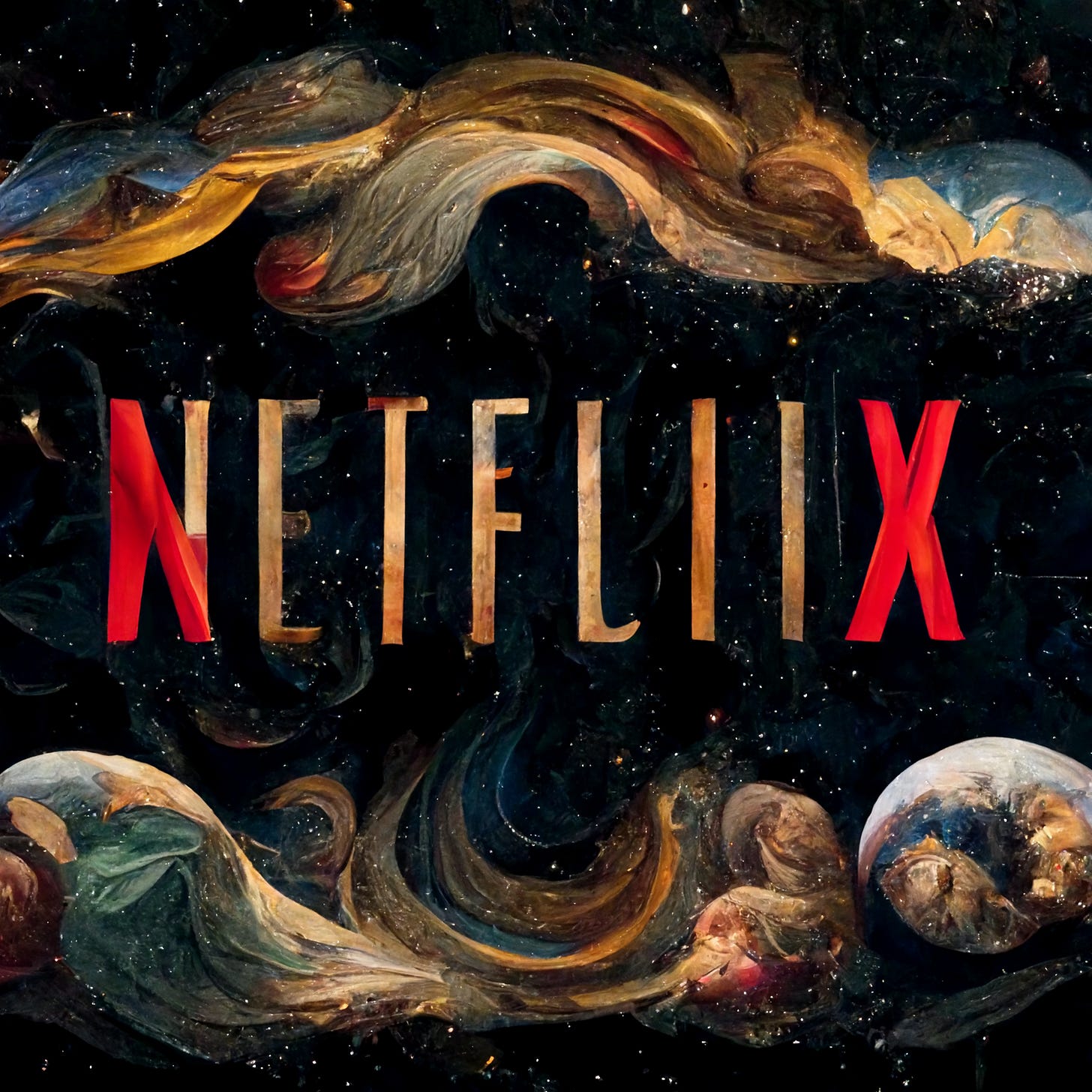You Should Probably Watch More Netflix
Research shows watching and reading fictional stories is a valuable activity.
At some level, most of us feel that watching TV, films, or reading fiction is a waste of time. You could do something better, such as studying or working to make money. But scientific research shows consuming films and fiction books is a valuable activity.
Research from PhD. in Psychology Raymond A Mar suggests fiction gives clues on how we can act in circumstances we haven't lived. These are often events you can't or don't want to simulate. You don't know how you will react to discovering your partner cheats on you until it happens. And I can't think of anyone who would like to experience that to know what it feels like. Watching or reading a fictional story of someone dealing with a cheater is a better alternative.
According to Doctor in Psychology Frank Hakemulder, to learn from fiction is to learn in a controlled environment. You watch or read about an event, see the emotions that spark, but never live the event. It's a simulation. If you think the emotional response you thought you should make in such an event is beneficial, you can do it once you go through it. And if you don't like how you would react, you can think of a better solution before living the event. Either way, you will understand how to act in an unfamiliar event.
The narratives worth watching are full of details. You can't extract any meaningful lessons from a five-year-old's tale. It would lack the words and description necessary to make the reader smell, see, and feel a story he hasn't lived. Evoking imagery is crucial because it lets us put ourselves in a character's shoes and experience their lives. If you can't vividly imagine a situation, as with simulations you run in your head, you can't "live" it from a distance.
Master of Education Patricia Keer says our emotional reactions are more noticeable when a character reminds us of ourselves. After watching "Everything Everywhere All at Once," I felt purposeless and depressed. I wasn't in the most positive emotional state, so I found the causes behind the main character's negative feelings relatable. It took me two hours to smile again.
Netflix is the most accessible way to learn from fictional stories. You don't have to pay for a one-time ticket for a movie, buy a book, or go to the library. Instead, you can watch fictional stories that could change how you look at a specific part of the world for a flat fee:
You teaches the importance of being mindful about what we publish online.
The Boy Who Harnessed the Wind encourages us to keep working on the creative projects we believe in.
The Ozarks demonstrates the lasting psychological and physical consequences of get-rich-quick methods.
Of course, not every film or series Netflix hosts or produces is of high quality. Some are flawed adaptations of acclaimed fiction works, stodgy and predictable. But most of the time, watching a famous fictional story teaches you something about yourself and others.
Thanks to some institutions and public figures, more people might read fiction in the future to learn about others and themselves.
Ralston College has a network of acclaimed scientists and scholars:
Pychologist Jordan Peterson
Economist Deirdre McCloskey
Former Harvard University Dean Harry Lewis
Yet, they study fiction books to teach human behavior. Their only course studies Samuel Johnson's novel, Rasselas. It explores how dissatisfaction makes up a large part of our lives and what we should do about it. Among their four upcoming courses, one focuses on Shakespeare's Titus Andronicus, one on American poet Robert Frost, and the third on Great Confrontations in the Hebrew Bible. As for their new Master's program, it dissects Homer's Odyssey and not Charles Darwin's work.
Ralston College knows that fiction often reveals more of what makes humans than science.
Old fiction stories persist because their content is still relevant. My grandkids will read Camus, Homer, and Johnson because these authors' human behavior insights will still be relevant. Their relevancy implies we haven't grasped their lessons, and perhaps we never will. But, we can at least aim to do so, one fiction book and Netflix show at a time.



